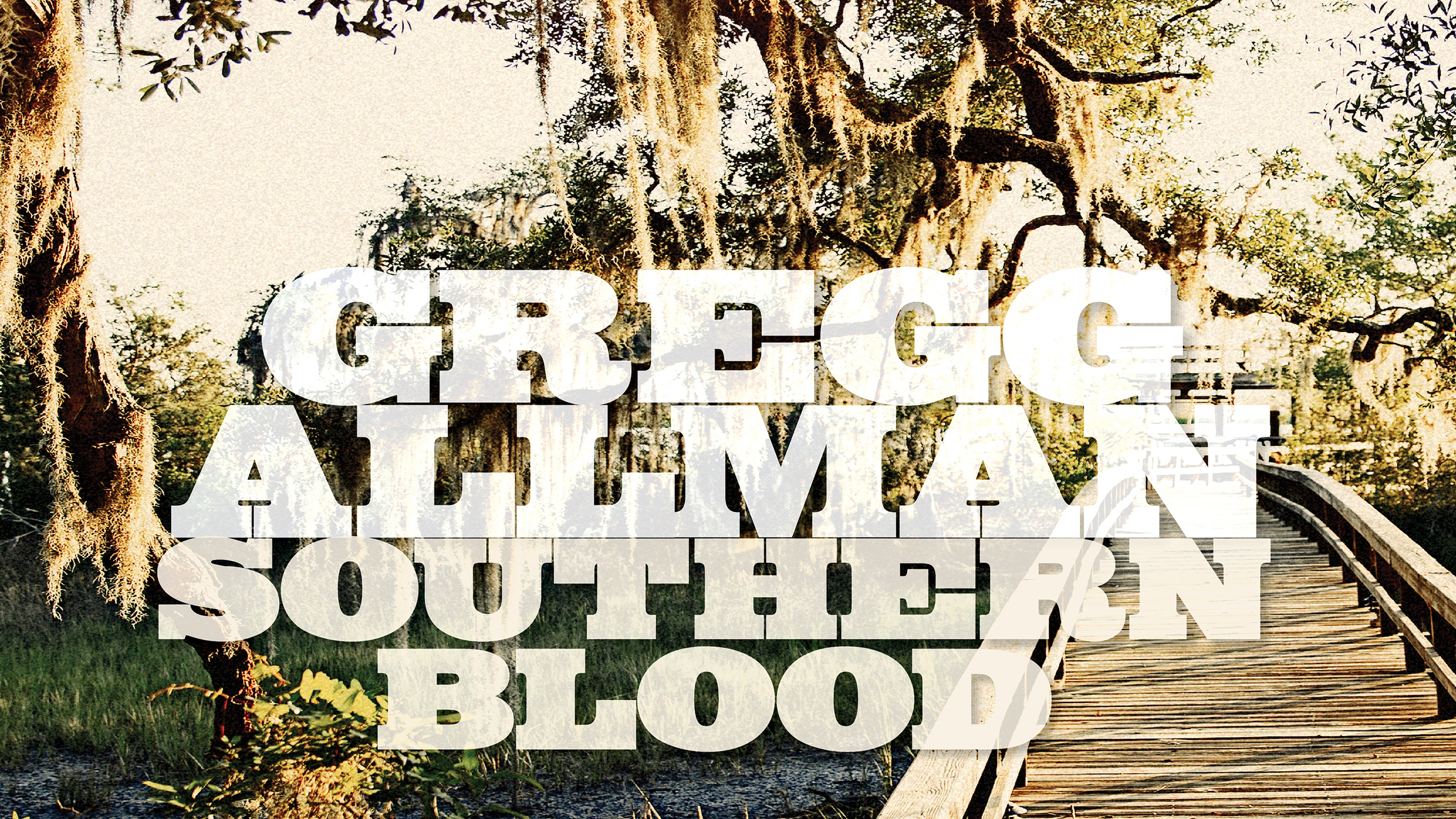It’s there, at just about the one-minute mark of Southern Blood’s opening track, a tender voice calling out: ‘I hope you’re haunted by the music of my soul when I’m gone.’ Whether the decision to begin the album with My Only True Friend was made before Allman’s death in May is unknown, but it serves as the most perfect curtain-raiser for a record that celebrates an oft-overlooked musician with elegance and style.
Six years on from the Grammy-nominated Low Country Blues, it’s a comfort to Allman’s fans that it should all end on such a high, quality control being a primary consideration when a man of his age (69) and deteriorating health from liver cancer could be forgiven for just phoning it in with a weary, “Will this do?”.
There are ten exemplary songs here, which, the self-written first track aside, showcase the singer as a formidable interpreter of other people’s material, in most cases close friends or contemporaries. His love for the long-gone Lowell George positively beams out of every bar of Willin’, a righteously rustic powerhouse of an anthem, counterbalanced by the southern blues testifying of Penn & Oldham’s Out Of Left Field, with a stop-off for sustenance on the Grateful Dead’s Black Muddy River.
The warmth of the music owes much to its environment, laid down at the legendary FAME Studios in Muscle Shoals, where Gregg and brother Duane recorded many of their finest moments nigh on 50 years earlier. Producer Don Was clearly had those old Allman Brothers cuts in mind when fashioning the sonic template of Southern Blood, and there are oblique references to the elder sibling (who passed away in 1971) on the closing Song For Adam, a Jackson Browne number on which Browne himself appears.
Ultimately, the album can’t help but be an exercise in nostalgia, its maker perhaps aware that time was running out fast, the selections arguably Allman’s way of telling already fallen friends like Lowell George, Jerry Garcia and Tim Buckley that he was on his way to join them. It’s a theory that begins to carry serious water as early as the aforementioned opener, which is immediately followed by an unfussy strum through Buckley’s Once I Was.
It’s not often anyone has the (albeit heartbreaking) luxury of being able to map out their own memorial, and Allman leaves us with his head held high and a record of rare beauty.
